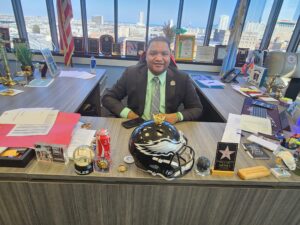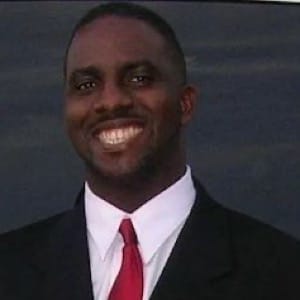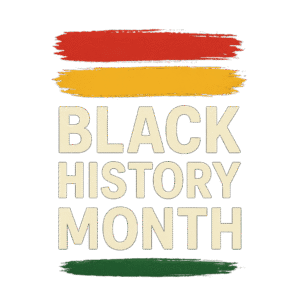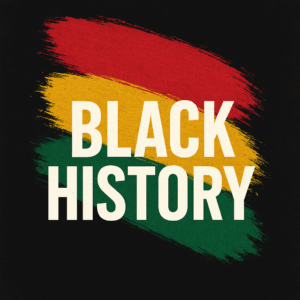NAACP Forum Encourages Voters To Be Vigilant About Their Rights
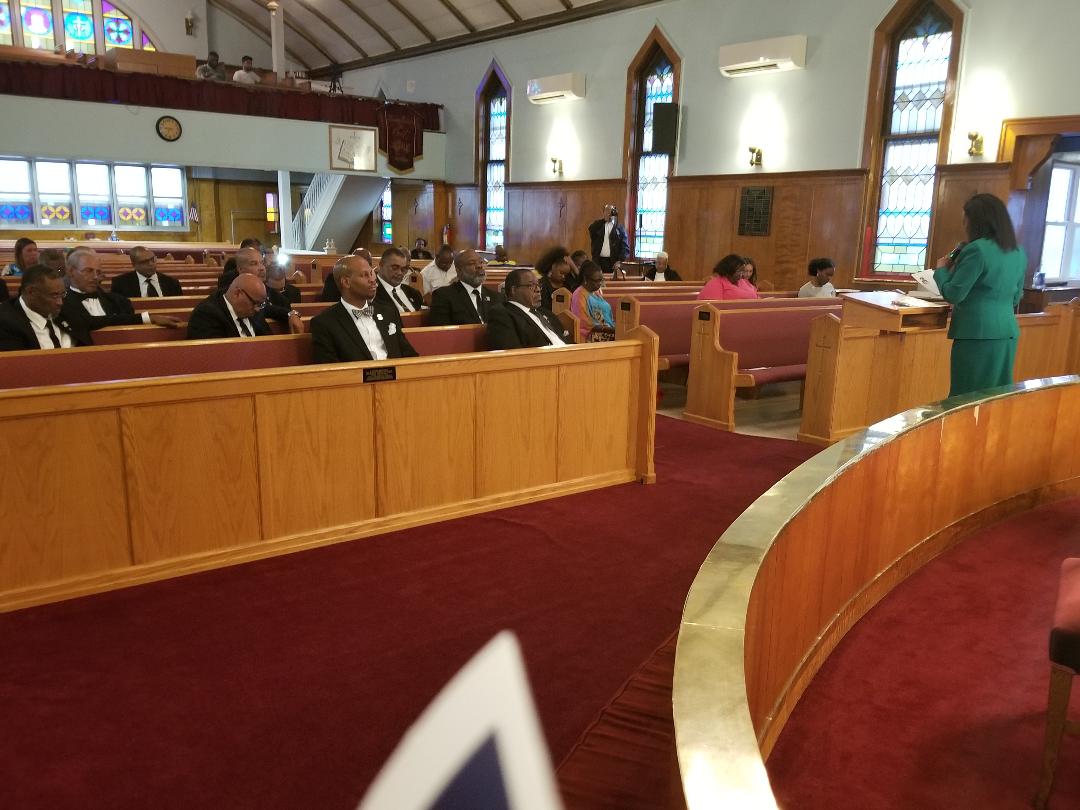
BY CLYDE HUGHES, AC JosepH Media
ATLANTIC CITY – Less than two months before the pivotal mid-term elections, Khyla D. Craine, assistant general counsel for the NAACP national headquarters spoke at “My Vote is My Power” forum Thursday at St. James AME Church urging attendees to be vigilant about their rights at the polls.
Craine addressed several issues, including efforts to suppress the vote in the African-American and other communities of color and encouraging attendees to take an active role in turnout. The event was sponsored by the NAACP Atlantic City Branch and The Most Worshipful Prince Hall Grand Lodge of New Jersey.
“If you have not checked your voter registration status, you might want to do that,” Craine told the audience Thursday. “Don’t wait until Nov. 6 to know where you are supposed to vote. It may be the same place you’ve gone to vote for the last 30 years. It may have changed if you didn’t vote in 2017.”
Craine asked the audience to be aware of numerous tactics voter suppression activists like to use in discouraging those in black and brown communities to vote. She pointed out that some sent out flyers falsely stating that people can vote online, which was done in Michigan.
In another incident, billboards were place in African-American communities in Ohio only stating that voter fraud is a felony in an effort to scare voters. Others were sent information suggested that Democratic and Republican voters were only allowed to vote on certain days along with fraudulent robo calls.
“This is something we’ve recently seen in Florida,” Craine said about a case in Florida where someone pretended to be the voice of a gubernatorial candidate. “That’s a problem for several different reasons. One, it is illegal to try to improperly influence people from casting their ballots.
“Two … it is that much harder to correct misinformation. We already know how hard it is to give out proper information, going door-to-door or asking people to come to church and all the things we’re doing to get regular, good information out there,” Craine continued.
Craine pointed out that Atlantic County voters will play a critical role in possibly reshaping the U.S. House in November as they get to replace an open seat that was long held by Republican Frank LoBiondo.
State Democratic legislator Jeff Van Drews is competing against former Republican Atlantic City councilman Seth Grossman for the seat. President Donald Trump carried the district in the 2016 presidential election, but the seat has been contested because partly because of Grossman’s negative comments about diversity.
READ: Seth Grossman’s ‘Diversity’ Comments Still Sting many South Jersey African-Americans
“Can I tell you who the vote for? No,” Craine said. “I suggest that you ask both persons running for office how are they going to implement or sign on to a bill that will reinstate Section 4B of the Voting Rights Act. … We need to get them on the record on what is your position to make sure that everyone can cast their ballots and that the full functioning of the Voting Rights Act is implemented.”
The forum was attended to Atlantic City councilmen Sporty Randolph and Kaleen Shabazz, who is president of the Atlantic City NAACP branch. Yolanda Melville, an associate attorney at CooperLevenson and Atlantic City legal redress chair, introduced Craine and helped with the question and answer session with Ciera Logan, an attorney at Fox Rothchild.
Following up on Thursday’s event, NAACP Atlantic City will be hosting a community political forum on Thursday, Oct. 19 at the 6 p.m. at Dr. Martin Luther King Complex Auditorium, in Atlantic City.
“With this forum, we hope to generate more political involvement in Atlantic City, and increase awareness about the political process,” a statement on the branch’s Facebook page said. “Come and hear the candidates speak on the issues, community, opportunities, and submitted questions in relevance to Atlantic City residents. The principal objective of the NAACP is to ensure the political, educational, social and economic equality of minority group citizens of the United States.”

